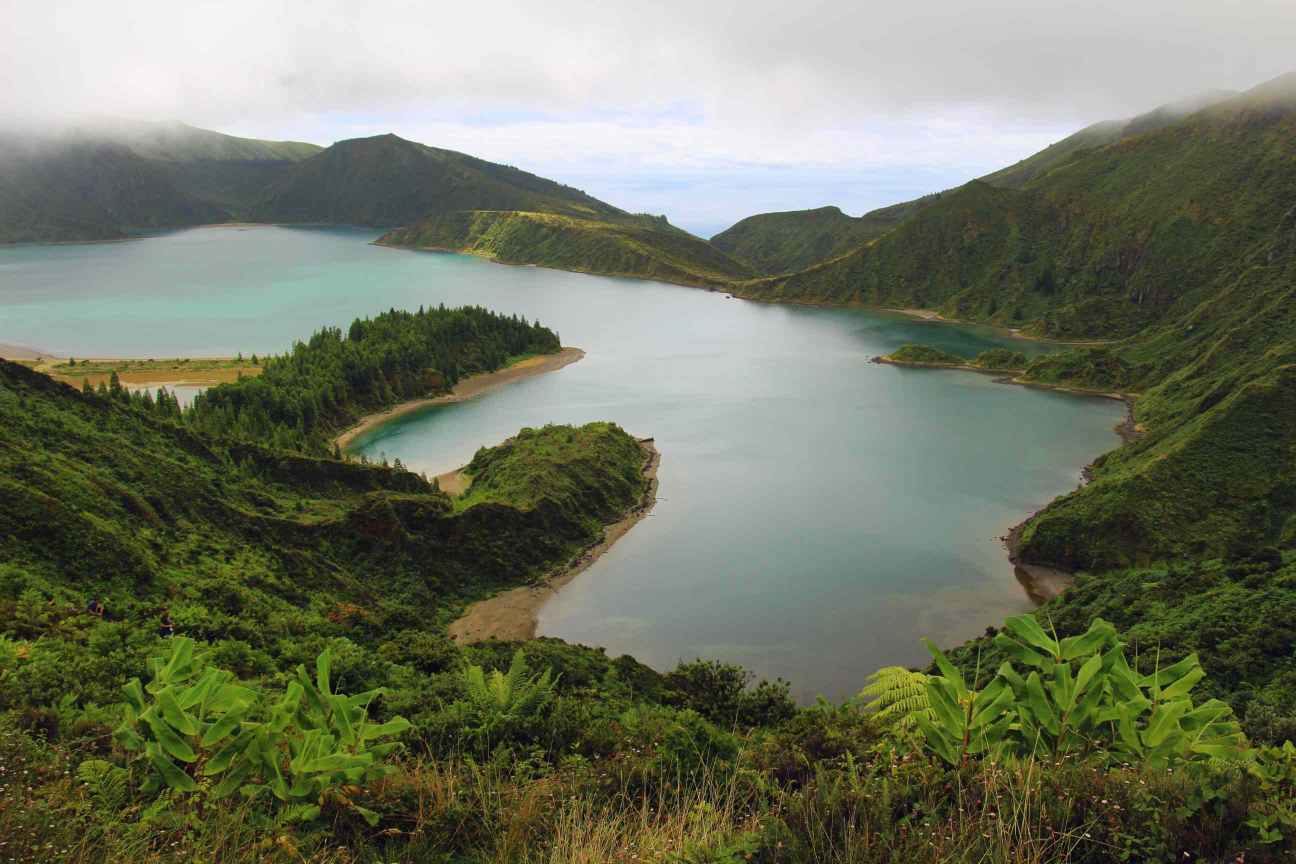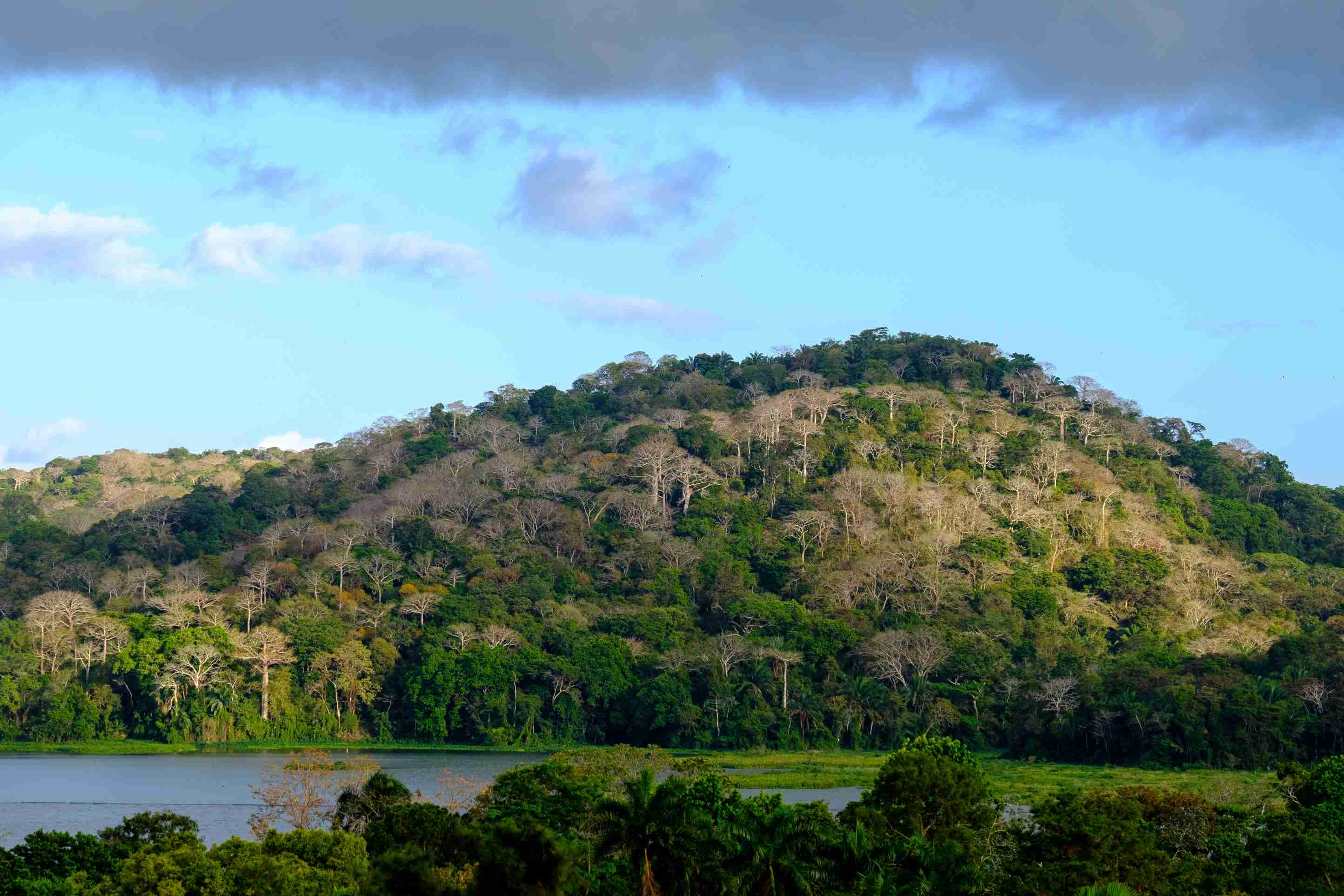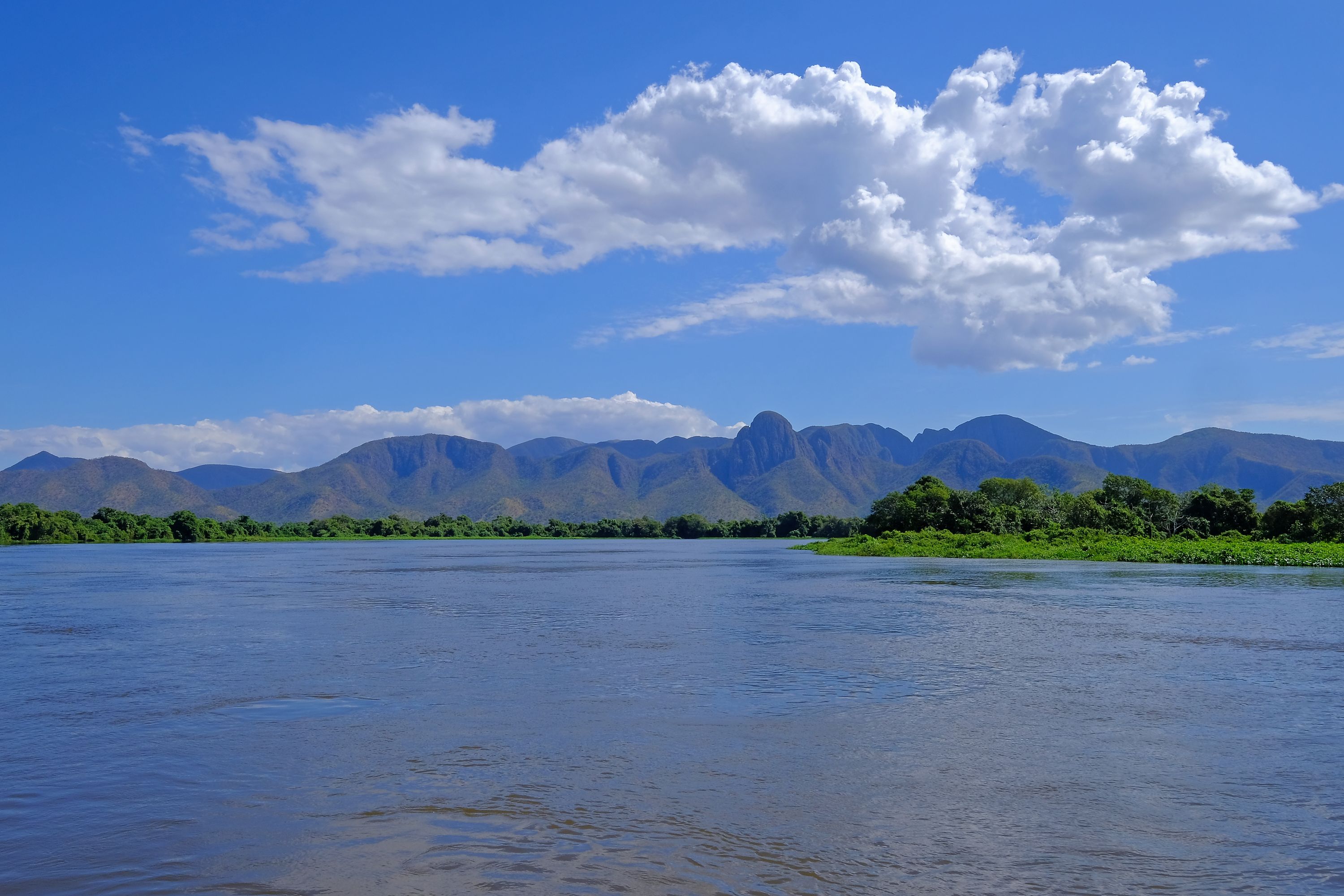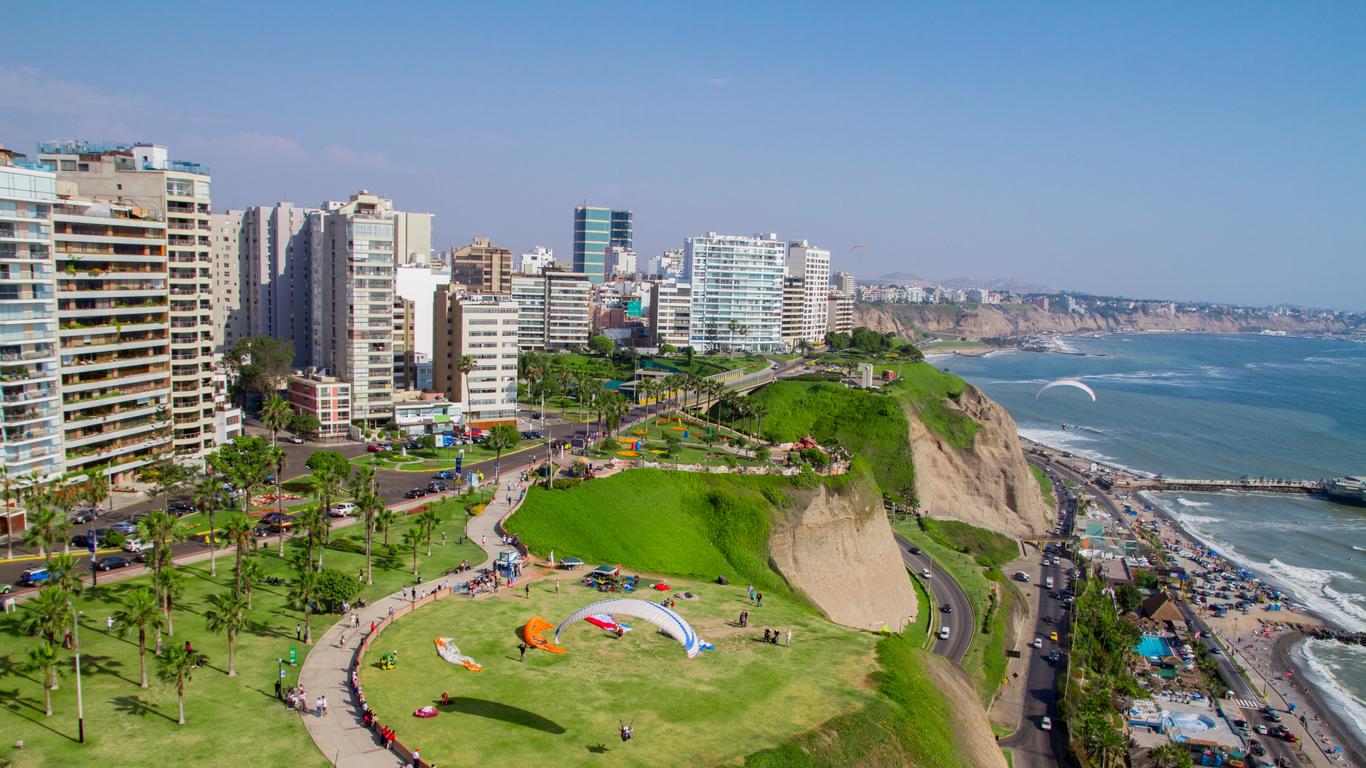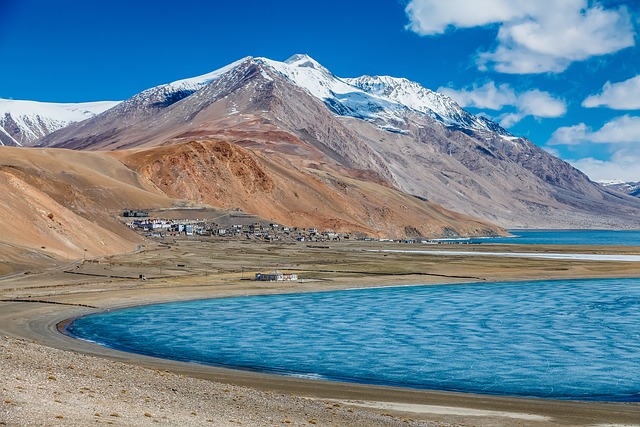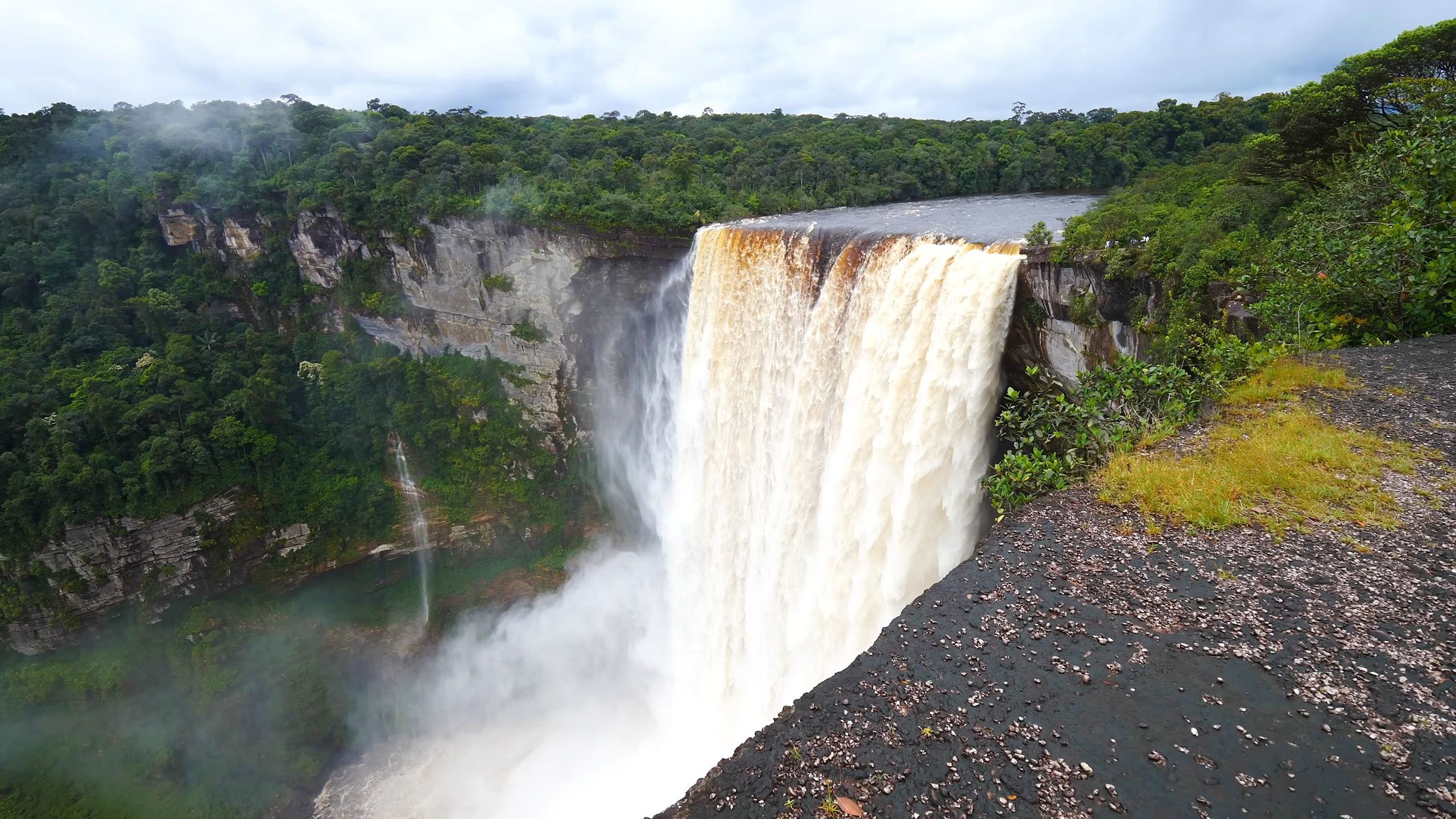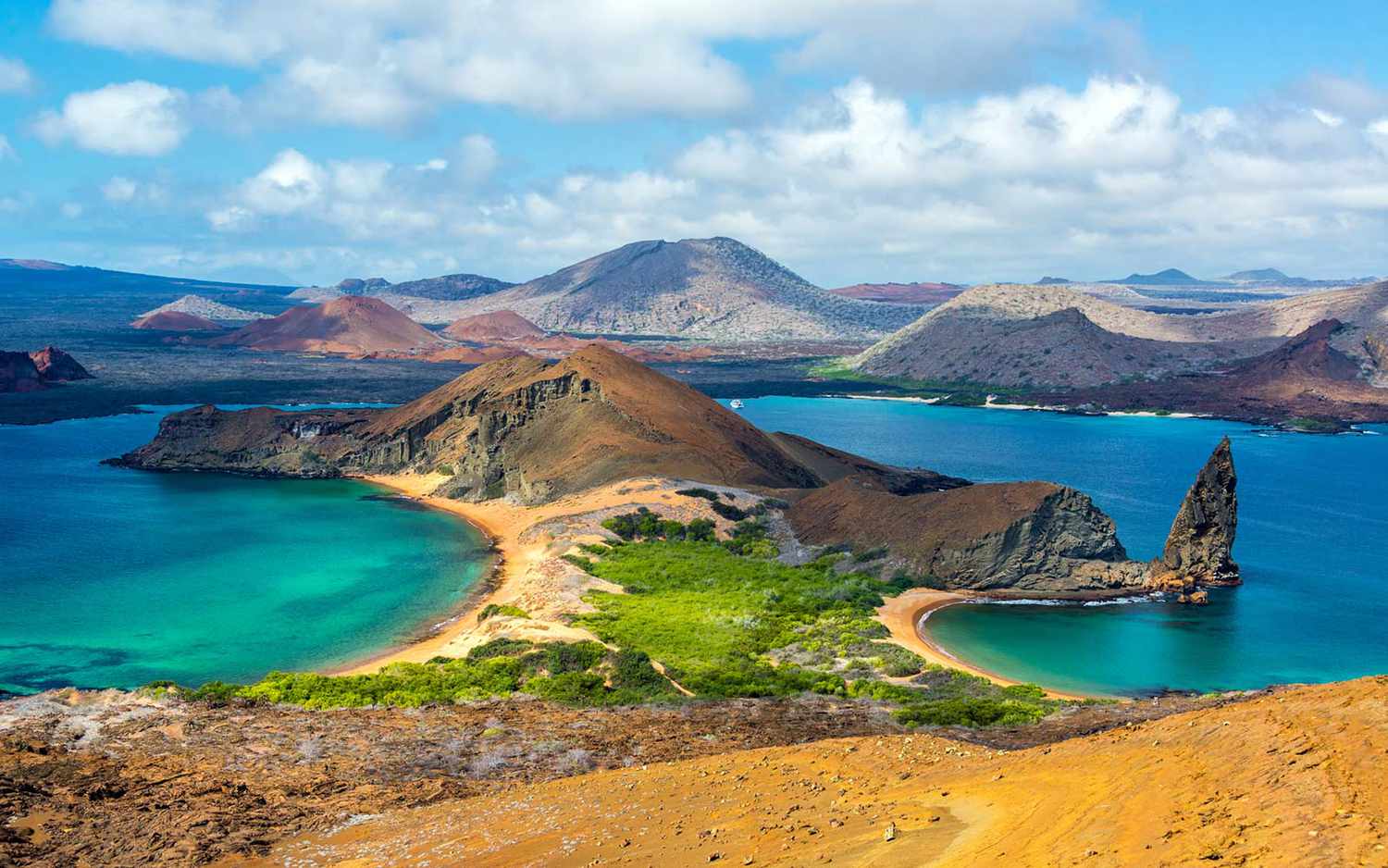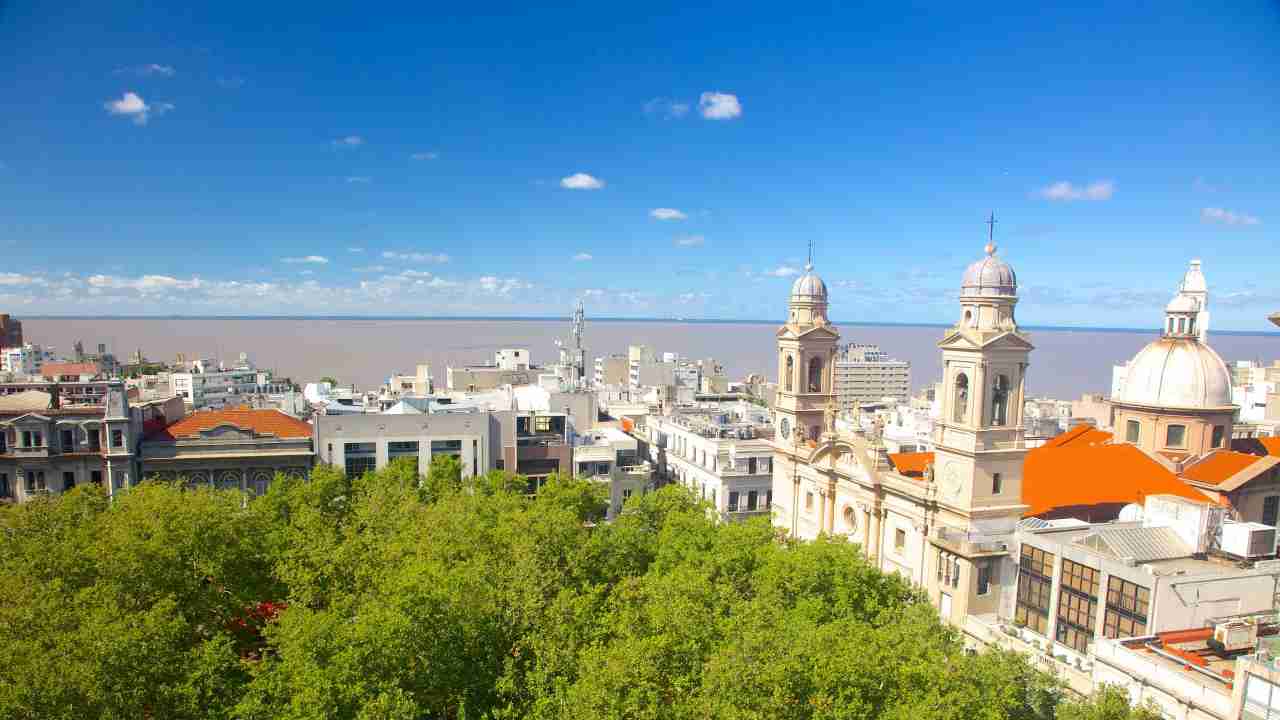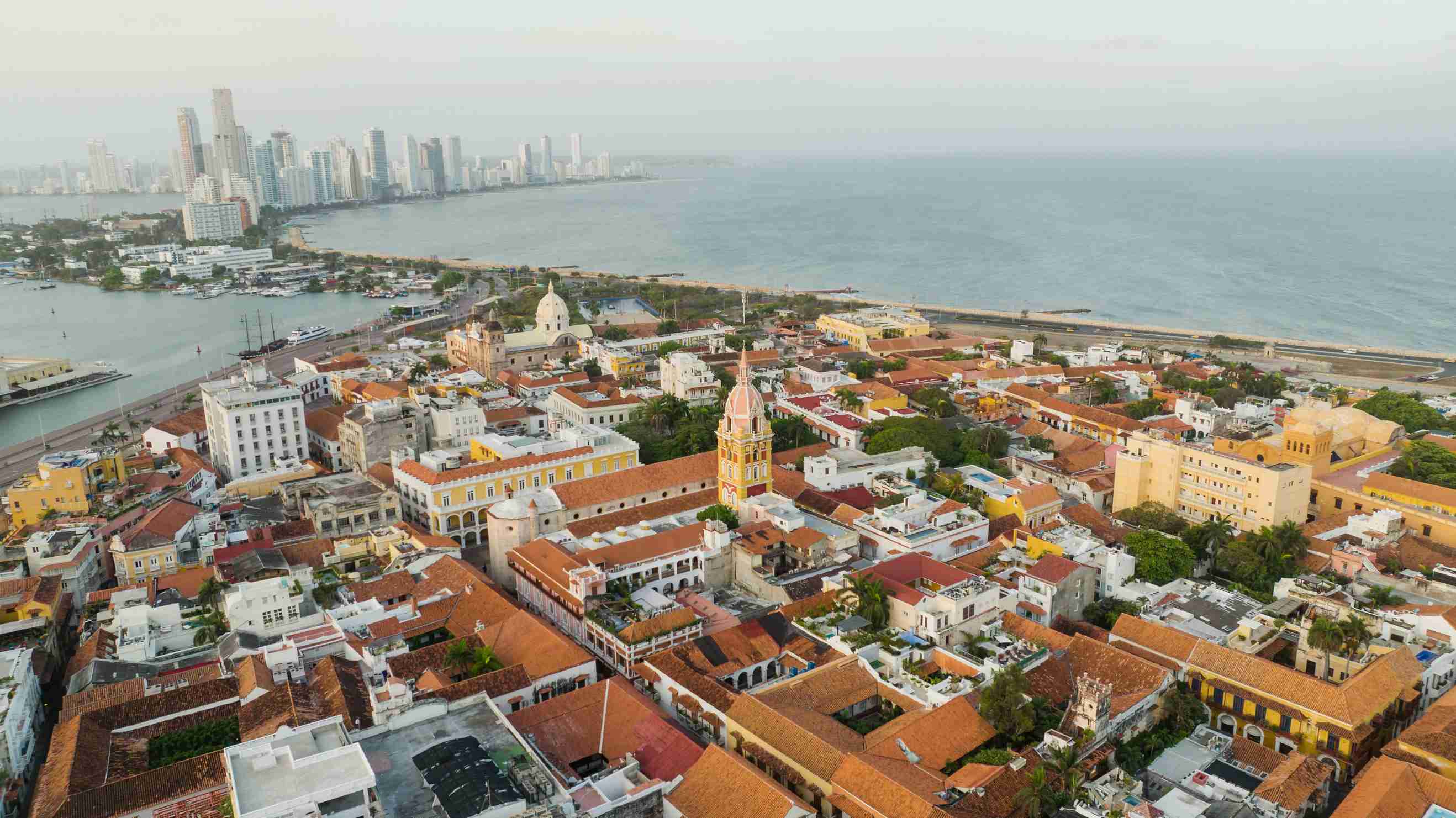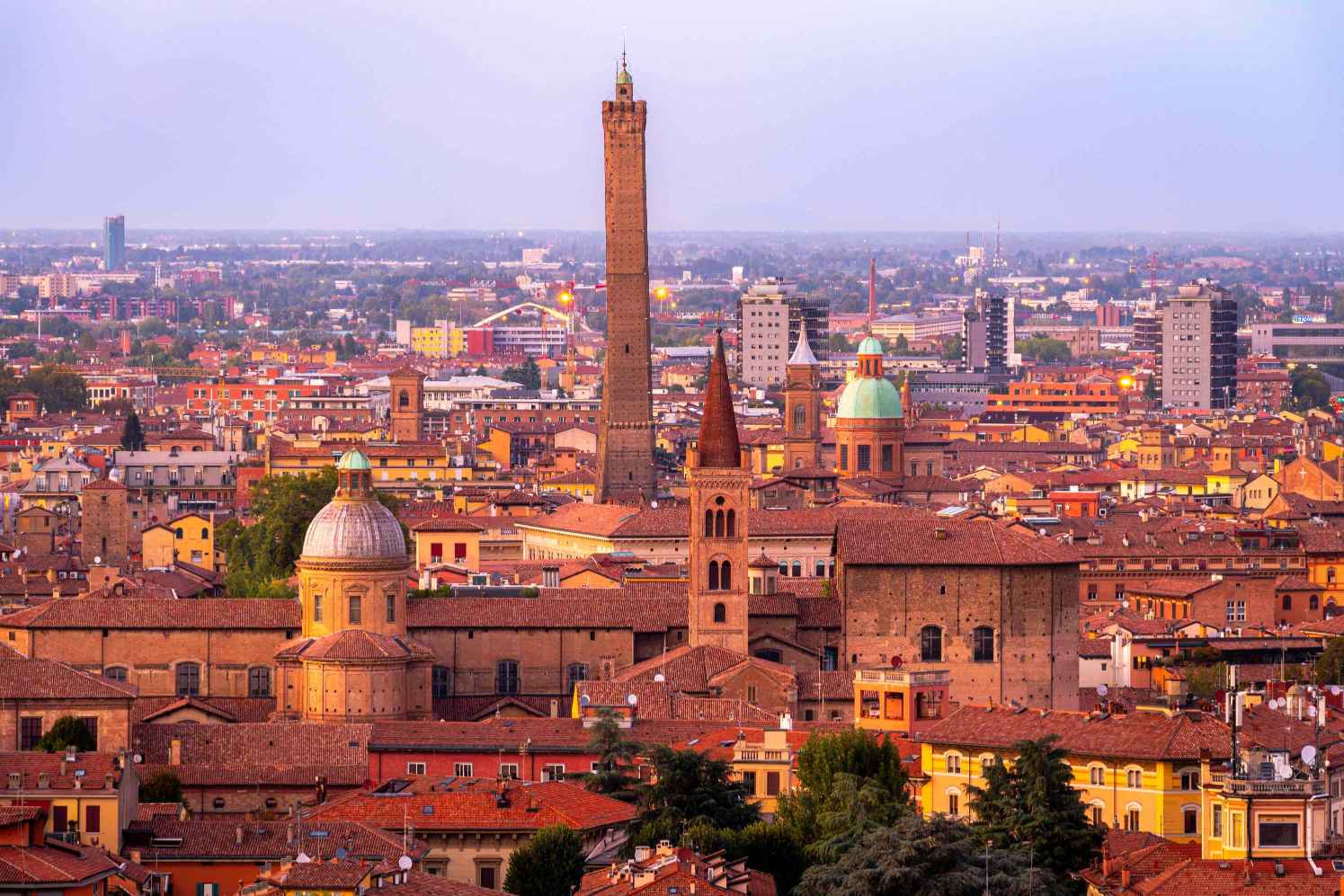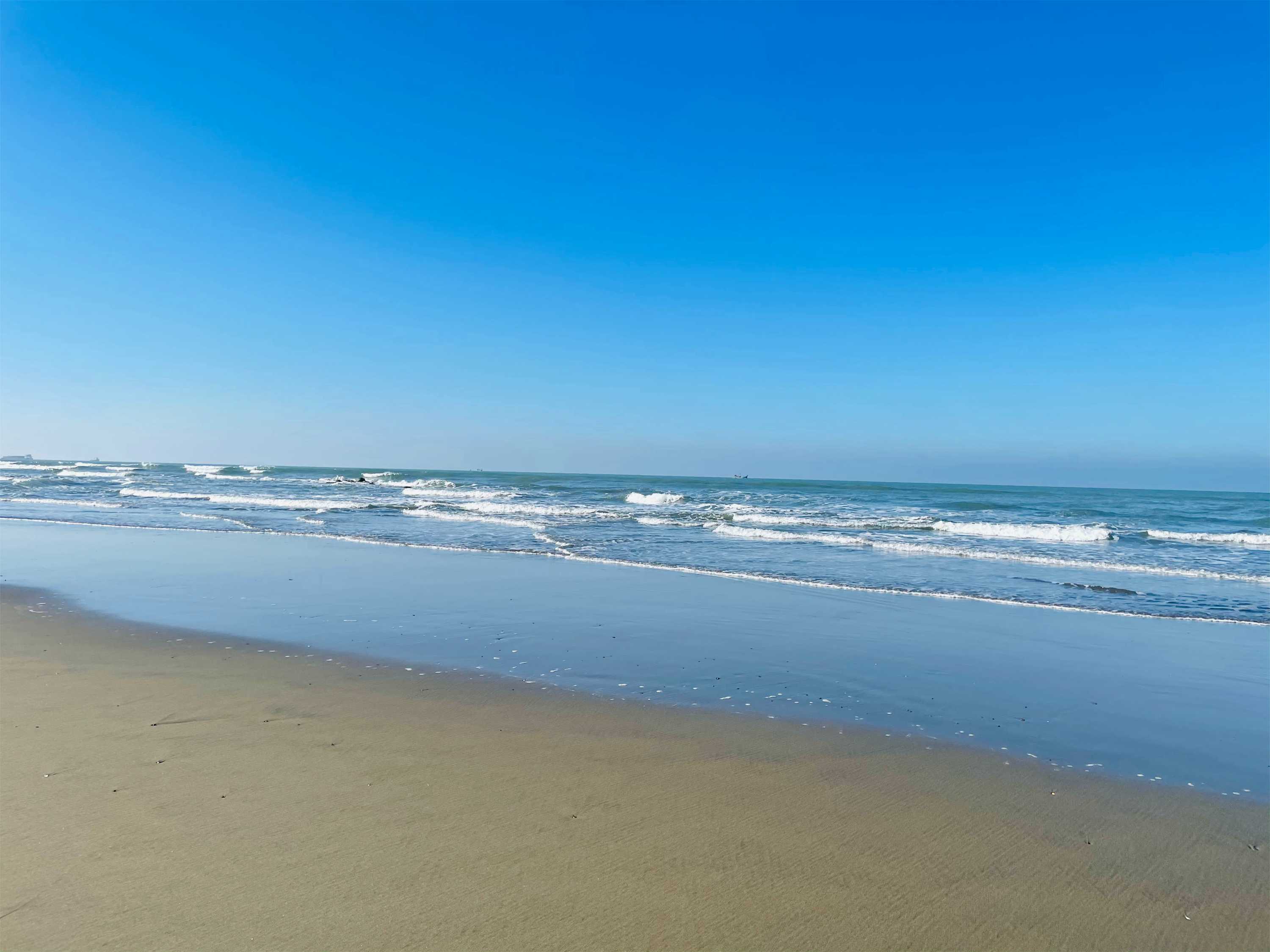The Azores, an archipelago of nine volcanic islands in the North Atlantic Ocean, is a hidden gem that offers a perfect blend of natural beauty, adventure, and tranquility. Known for their dramatic landscapes, lush greenery, and crystal-clear waters, the Azores are a paradise for nature lovers and outdoor enthusiasts. From hiking up volcanic craters and soaking in geothermal hot springs to whale watching and exploring charming villages, the Azores promise an unforgettable escape. Whether you’re seeking adventure, relaxation, or a taste of authentic Portuguese culture, the Azores deliver it all in a pristine and unspoiled setting.
Main Attractions of the Azores
The Azores are packed with stunning natural and cultural attractions. Here are the must-visit highlights:
- Sete Cidades (São Miguel Island): A twin-lake crater with breathtaking views of blue and green waters.
- Furnas (São Miguel Island): Known for its geothermal hot springs, fumaroles, and cozido (a traditional stew cooked underground).
- Pico Mountain (Pico Island): Portugal’s highest peak, offering challenging hikes and panoramic views.
- Capelinhos Volcano (Faial Island): A lunar-like landscape formed by a volcanic eruption in the 1950s.
- Terra Nostra Park (São Miguel Island): A botanical garden with thermal pools and lush greenery.
- Gruta do Carvão (São Miguel Island): A fascinating lava tube cave system.
- Whale and Dolphin Watching: The Azores are one of the best places in the world for spotting marine life.

Culture of the Azores
The Azores’ culture is a unique blend of Portuguese traditions and island life:
- Festivals and Events: Celebrate local traditions at events like the Holy Spirit Festivals and Semana do Mar (Sea Week).
- Handicrafts: Discover handmade pottery, lace, and wickerwork.
- Music and Dance: Enjoy traditional folk music and dances like the chamarrita.
- Cuisine: Savor local dishes like cozido das Furnas, lapas (limpets), and queijadas (sweet cheese tarts).
- Religious Heritage: Visit historic churches and chapels, such as the Church of São Sebastião in Ponta Delgada.
How to Reach the Azores?
The Azores are accessible by air and sea:
- By Air: Fly into João Paulo II Airport (PDL) on São Miguel or other island airports with direct flights from Lisbon, Porto, and some European cities.
- By Ferry: Ferries connect the islands, making island-hopping convenient.

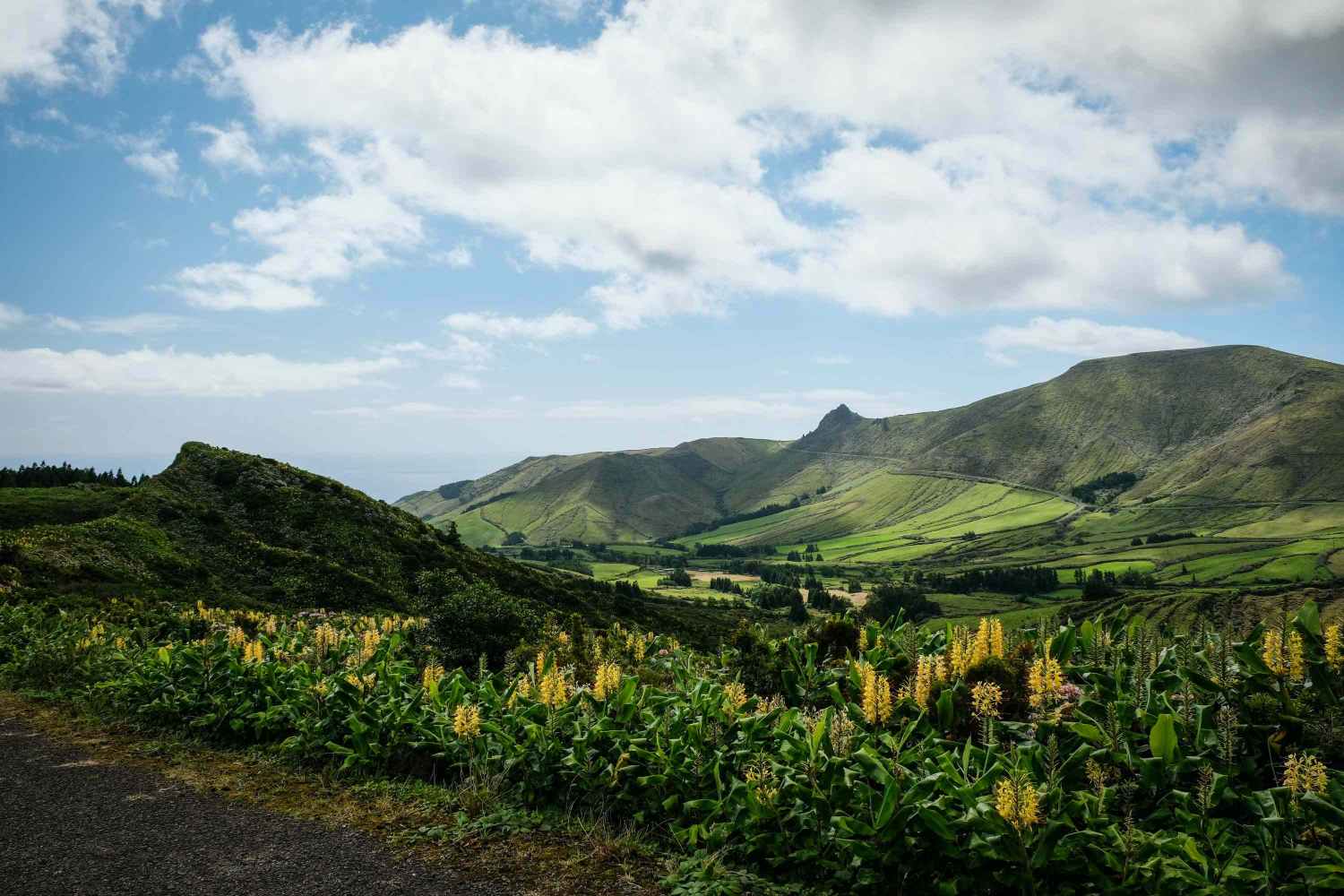
Accommodation Arrangements
The Azores offer a range of accommodations to suit every budget:
- Luxury Hotels: Stay at 5-star hotels like Terra Nostra Garden Hotel or White Exclusive Suites & Villas.
- Boutique Hotels: Charming options like Azor Hotel or Santa Barbara Eco-Beach Resort.
- Budget Hotels and Guesthouses: Affordable stays for backpackers and budget travelers.
- Vacation Rentals: Villas and cottages for a more local experience.
Local Foods
The Azores’ cuisine is a delicious mix of Portuguese flavors and local ingredients. Must-try dishes include:
- Cozido das Furnas: A stew cooked underground using volcanic heat.
- Lapas: Grilled limpets, a local seafood delicacy.
- Alcatra: A slow-cooked beef dish from Terceira Island.
- Queijadas da Graciosa: Sweet cheese tarts from Graciosa Island.
- Pineapple: São Miguel is known for its sweet and juicy pineapples.
- Cheese: Sample local cheeses like Queijo São Jorge.

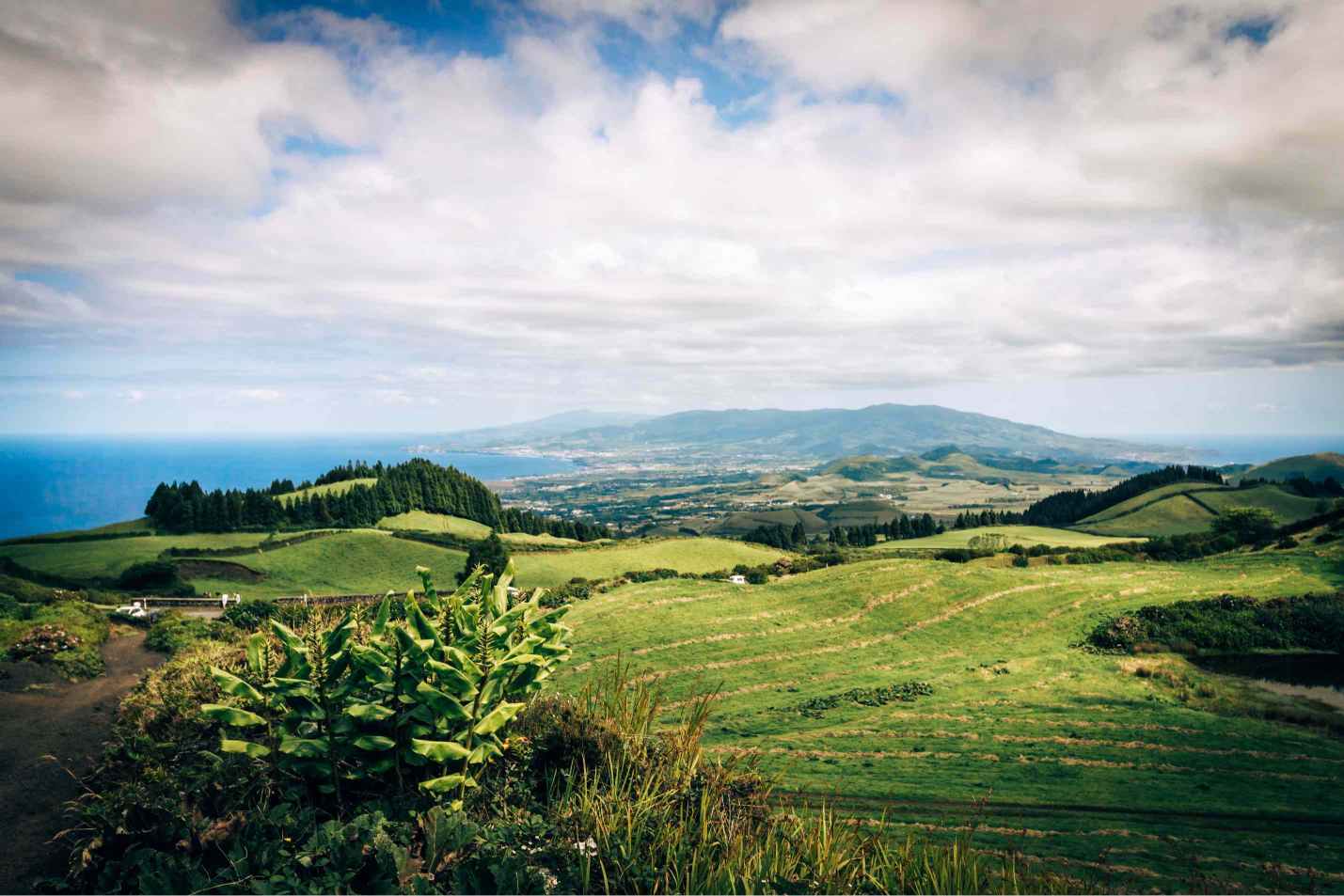
Best Time to Visit the Azores
The best times to visit the Azores are:
- Spring (April to June): Mild weather, blooming flowers, and fewer crowds.
- Summer (July to September): Warm weather and lively festivals, but expect more tourists.
- Autumn (October to November): Pleasant weather and fewer crowds.
- Winter (December to March): Cooler weather and fewer tourists, but some activities may be limited.
Where to Visit in the Azores?
Here are some top destinations to include in your itinerary:
- São Miguel Island: The largest island, known for Sete Cidades, Furnas, and Terra Nostra Park.
- Pico Island: Home to Pico Mountain and UNESCO-listed vineyards.
- Faial Island: Famous for the Capelinhos Volcano and Horta Marina.
- Terceira Island: Known for its historic Angra do Heroísmo and Alcatra stew.
- Flores Island: A remote island with stunning waterfalls and hiking trails.

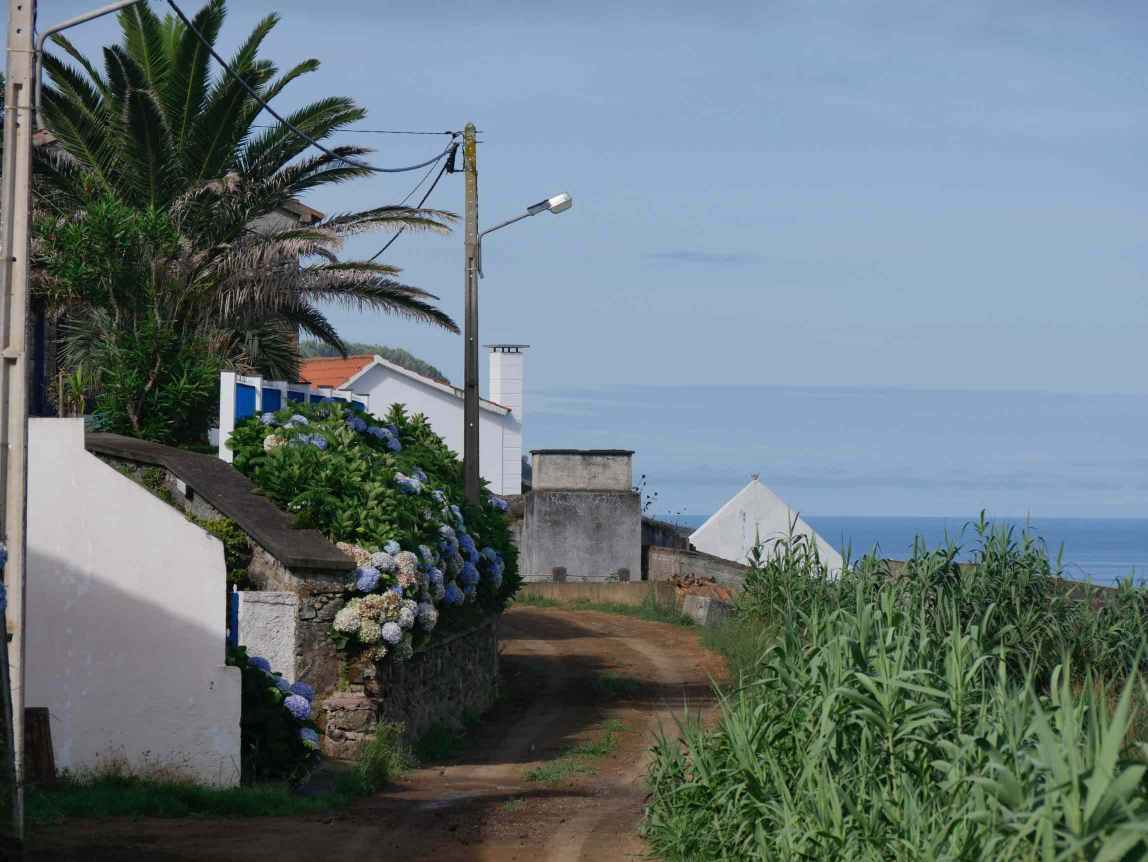
Where to Shop?
The Azores offer unique shopping opportunities:
- Handicrafts: Look for pottery, lace, and wickerwork.
- Local Markets: Find fresh produce, cheeses, and seafood.
- Souvenirs: Purchase items like tea, pineapple products, and local wines.
What Things to Do?
- Hiking: Explore trails like Sete Cidades, Pico Mountain, and Flores Island.
- Whale and Dolphin Watching: Join a guided tour to spot marine life.
- Hot Springs: Soak in geothermal pools like those in Furnas and Terra Nostra Park.
- Scuba Diving: Discover underwater volcanic landscapes and marine biodiversity.
- Island-Hopping: Explore multiple islands by ferry or plane.
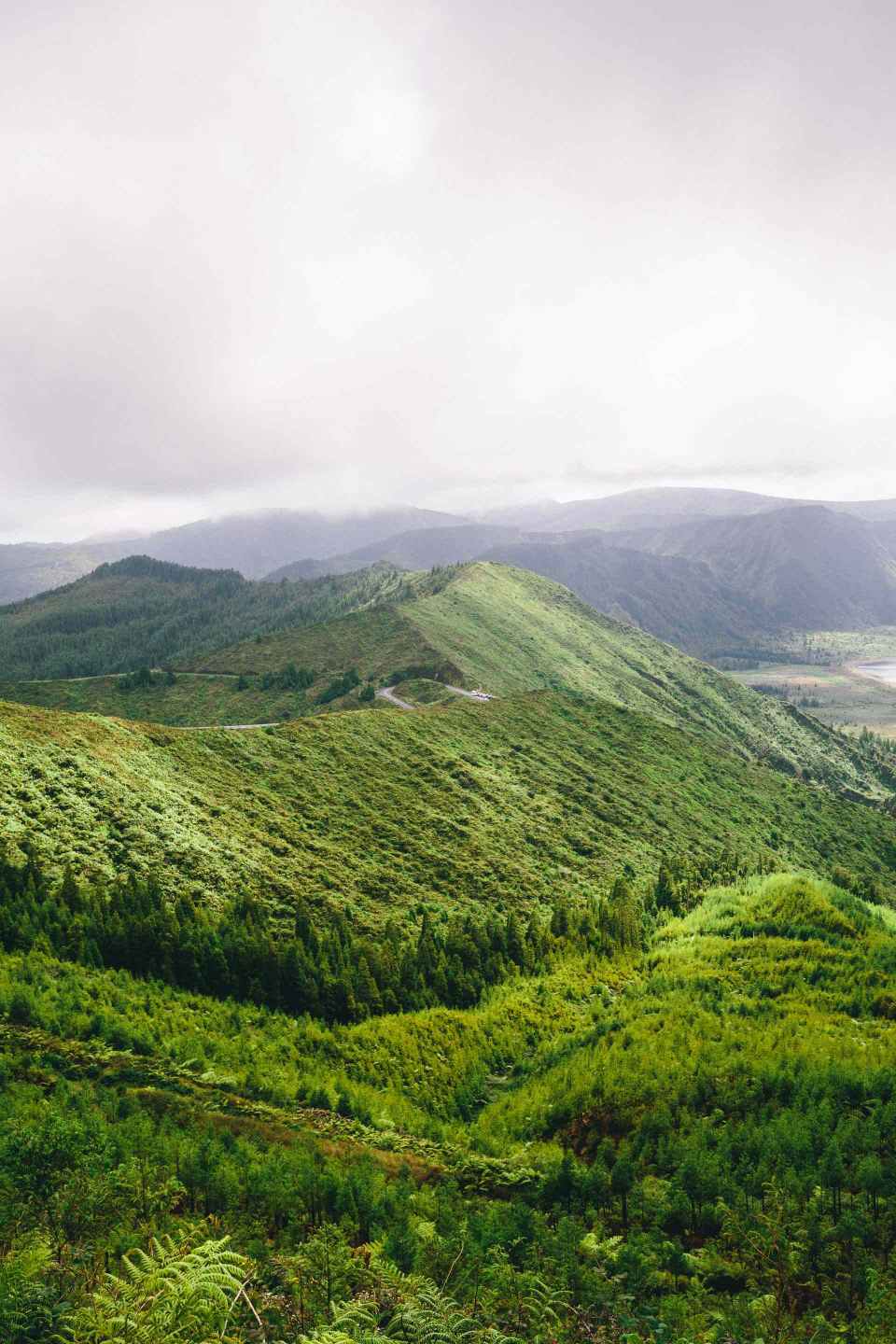
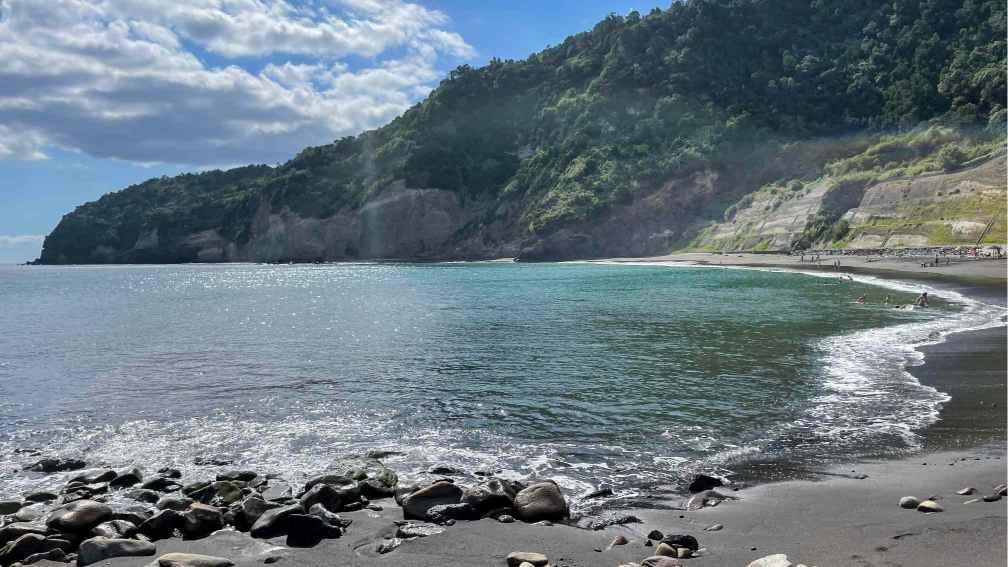
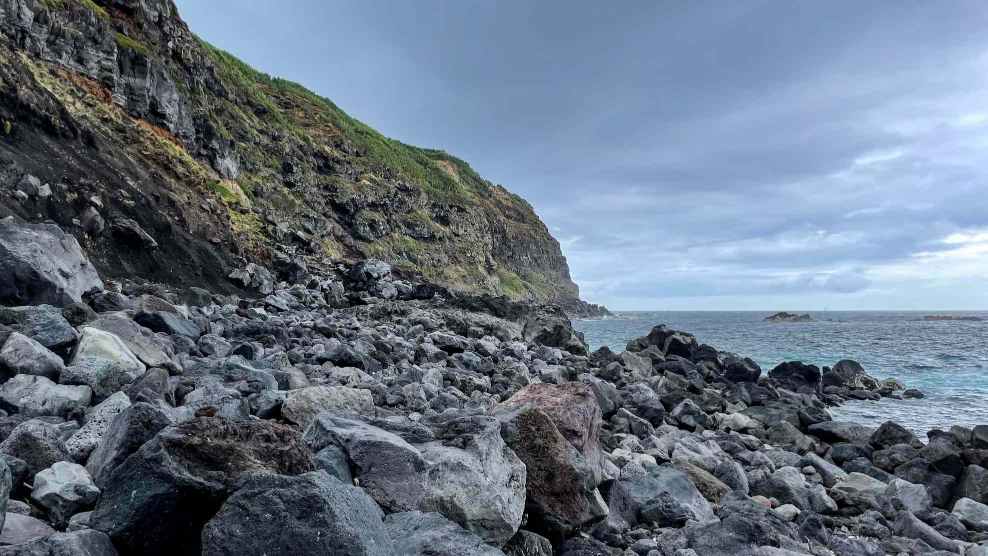

What to Pack?
- Layered Clothing: Weather can change quickly, especially in the mountains.
- Sturdy Footwear: Hiking boots or waterproof shoes for outdoor activities.
- Sunscreen and Hat: Protect yourself from the sun.
- Swimwear: For hot springs, beaches, and waterfalls.
- Camera: Capture the stunning landscapes and marine life.
The Azores are a destination that offers something for everyone. Their dramatic landscapes, rich culture, and outdoor adventures make them a hidden gem in the Atlantic. Whether you’re hiking up volcanic craters, soaking in geothermal pools, or exploring charming villages, the Azores promise an unforgettable experience. Start planning your trip to this pristine paradise and discover the magic of the Azores.
FAQs
-
Are the Azores expensive to visit?
The Azores can be affordable, with budget-friendly options for accommodations and dining. -
Do I need to speak Portuguese to visit the Azores?
No, English is widely spoken, especially in tourist areas. -
What currency is used in the Azores?
The Euro (EUR) is the official currency. -
Are the Azores safe for tourists?
Yes, the Azores are considered very safe for travelers.

